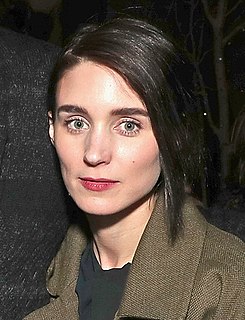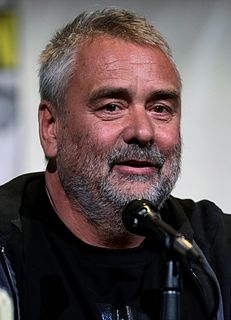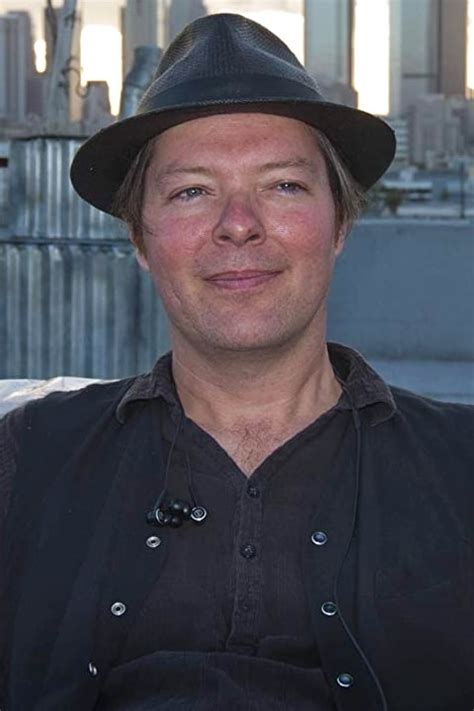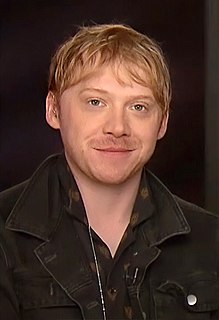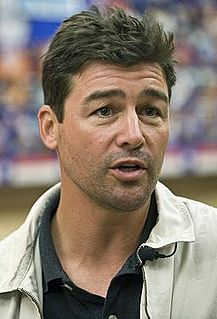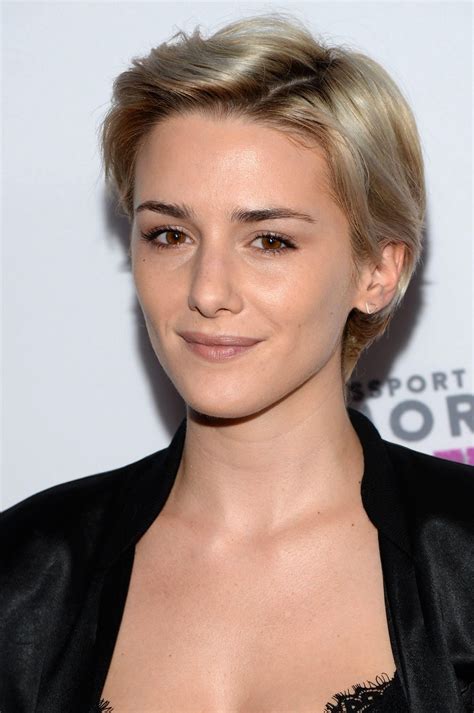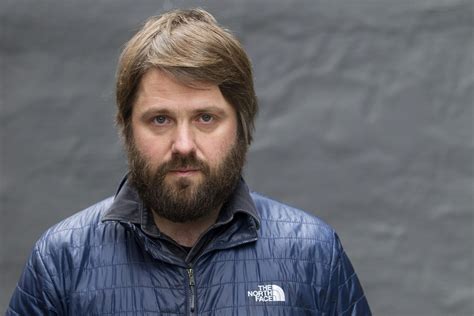A Quote by Rooney Mara
If the entire script feels formulaic, then you know that the film will be like that. But if it's a really interesting script, and the character happens to be formulaic, then maybe there's a way of making them more interesting.
Related Quotes
All directors make films in individual ways. But the classical kind of view of filmmaking is that you have a script, and it's very linear. There's a script, then you're going to shoot the script ,and then you cut that, and then that's the end of the film. And that's never really been how I've seen it.
The script [of Regression] wasn't the draw for me. It was largely Alejandro [Amenabar] and his way of talking. To hear him talking about the script was way more interesting than the script. He wrote it, and so, English is his second language. It's an interesting thing. I've had that before. I was directed by Alfonso Cuarón before, too. It's always interesting when you're being directed by somebody like that. So much of directing is about communication, and finding the right words, and what it means, and how to convey certain emotions and ideas.
You know, it's not my film [Valerian], it's really their film. It's very strange. And maybe because it's more when you comes to the Marvel films it's way much more organized and plan, you know, they planned. Okay, we have Thor here, we have this and then we do The Avengers, and then we group. You know, it's much more organized. So maybe there is a little less freedom at the end for the creative people. Where I did the entire opposite. I let them help me, you know. So that's also why maybe they were so involved.
I was approached by the filmmakers. I didn't know much about the project ["Selling Isobel"], and the more we talked, the more they started to confide in me. I read the script and thought it was really interesting, and then a week later I discovered that this wasn't just any old script, this was actually Frida's [Farell] story and she was trusting me to tell it. I felt very privileged.
The core plot of 'Mercury' is so gripping that when I thought of making it as a silent film, it only made it more interesting. Once I finished writing the first draft, making a silent film that's both thrilling and engaging seemed possible. When the film team read the final script, they felt the same.
